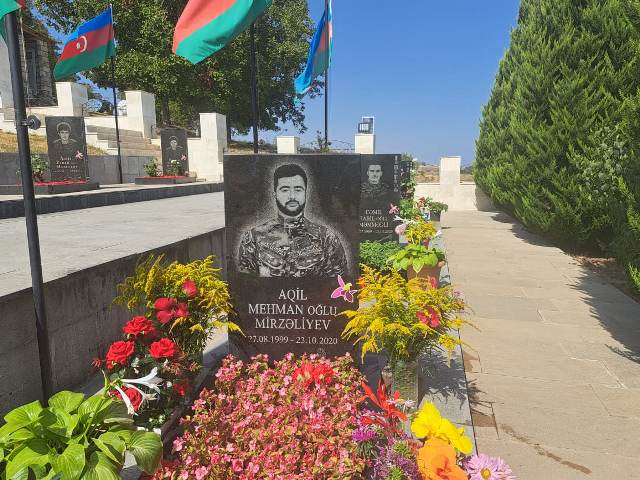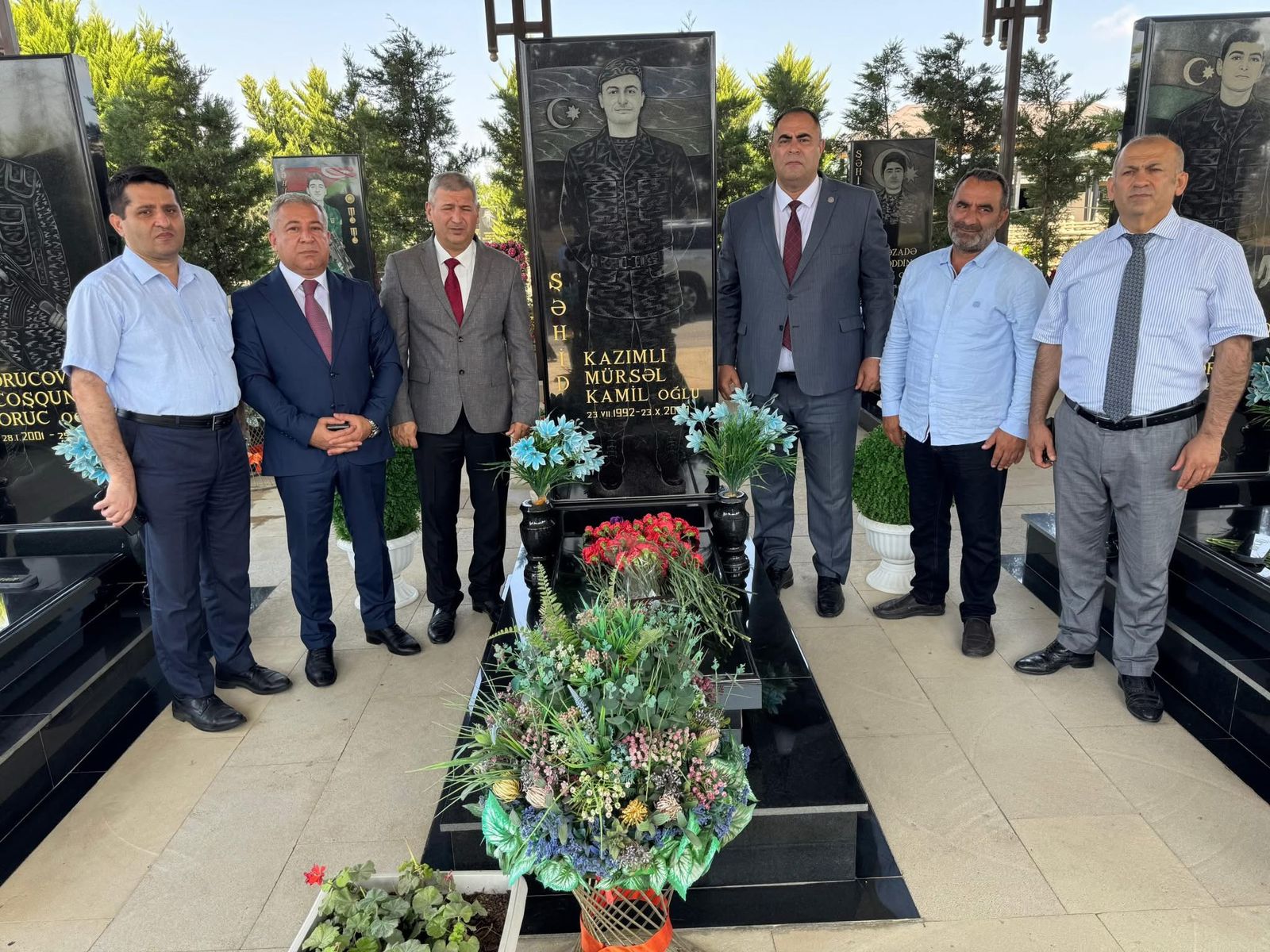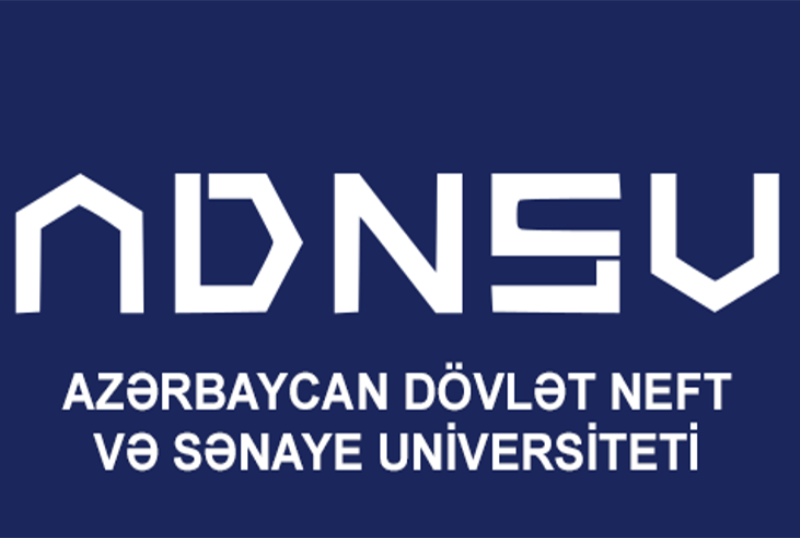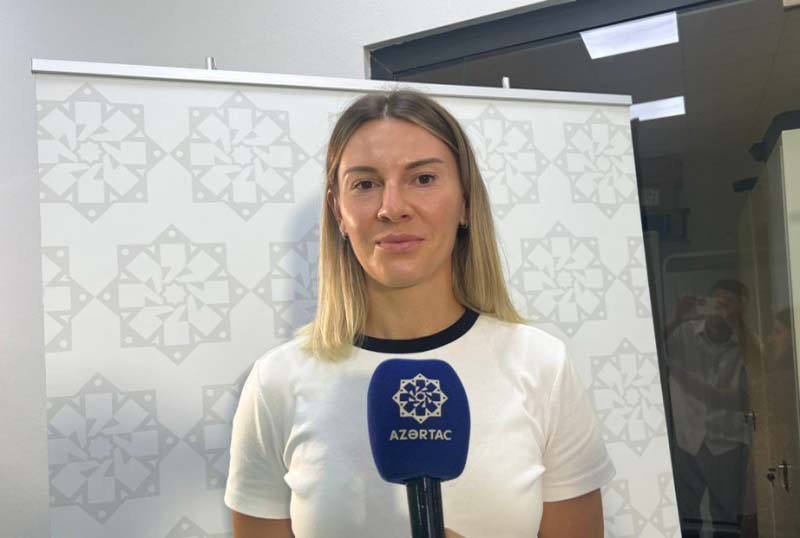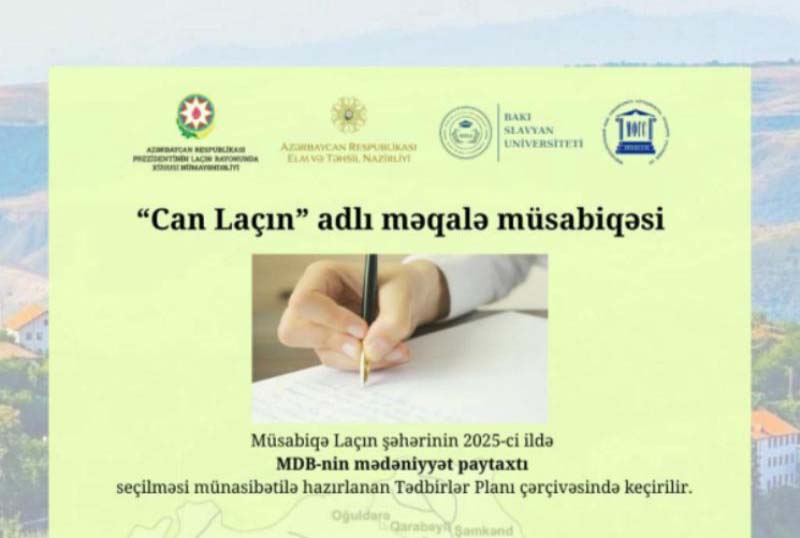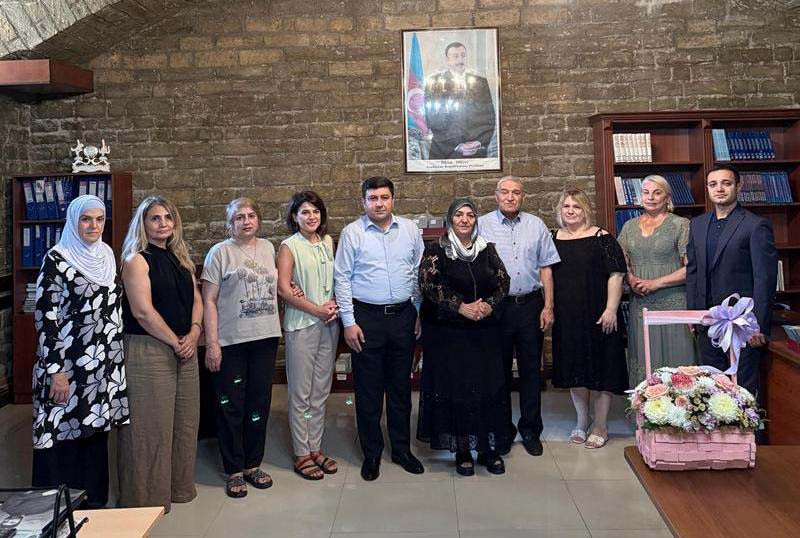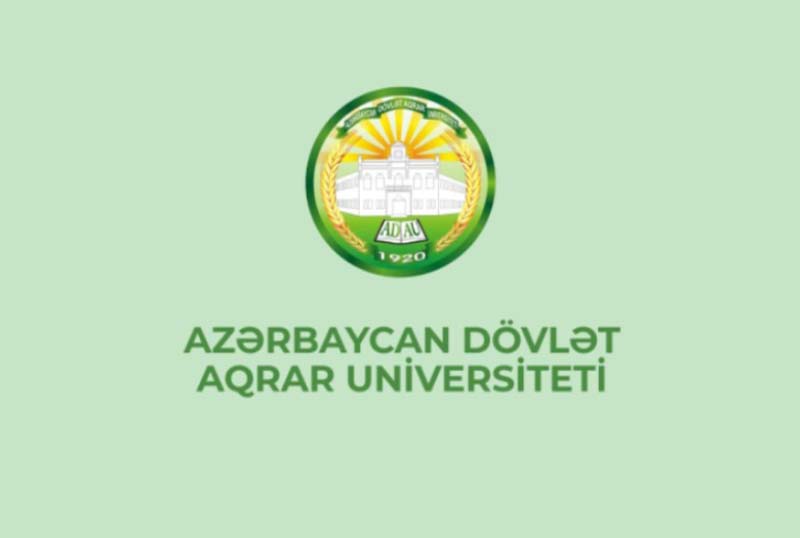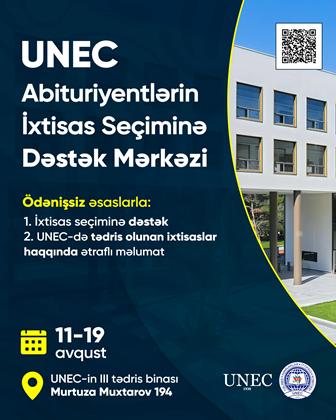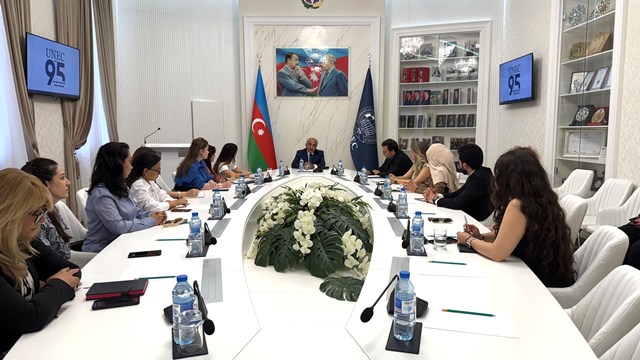Introduction
The 29th Conference of the Parties (COP 29) presents a crucial opportunity for Azerbaijan to showcase its commitment to addressing global climate change and sustainable development. As a country heavily dependent on fossil fuels, Azerbaijan faces significant challenges in transitioning to a more sustainable energy model. COP 29 provides a platform for Azerbaijan to demonstrate its progress in reducing greenhouse gas emissions, promoting renewable energy sources, and implementing conservation policies. Additionally, the conference offers networking opportunities for Azerbaijan to collaborate with other nations, share best practices, and access funding for climate change mitigation projects. By actively participating in COP 29, Azerbaijan can elevate its status as a responsible global citizen and contribute to the collective efforts of the international community in combating climate change.
Background of COP 29
The upcoming UN Climate Change Conference (COP 29) holds significant importance for Azerbaijan, a country facing environmental challenges and striving for sustainable development. Against the backdrop of global concerns about climate change, COP 29 represents a crucial opportunity for Azerbaijan to showcase its commitment to environmental stewardship and contribute to international efforts to mitigate the effects of climate change. Building upon previous studies that have explored the complex relationship between existing carriage and vaccine responsiveness, as well as the embodied cognition involved in art reception, Azerbaijan can draw valuable insights on how to navigate the complexities of implementing effective environmental policies and engaging its population in climate action. By understanding the nuances of vaccine-induced immune responses and the influence of mental imagery on perception, Azerbaijan can align its strategies with the latest research findings to enhance its environmental policies in the context of COP 29. This holistic approach, incorporating scientific evidence and cognitive perspectives, can reinforce Azerbaijan's position as a proactive and informed participant in the global climate discourse.
Azerbaijan's Current Environmental Challenges
In light of Azerbaijan's increasing importance in the global energy market and its key role in the Caspian region, the country faces significant environmental challenges that must be addressed, especially in the context of hosting COP 29. The geopolitical landscape surrounding the Caspian Sea, as discussed in (Harris et al.), has complicated relationships between Azerbaijan and other littoral states, impacting environmental policies. Additionally, the division of Caspian hydrocarbon resources, as explored in, has implications for Azerbaijan's energy sector and environmental sustainability. As Azerbaijan prepares to host COP 29, it must confront its environmental challenges, such as pollution from oil extraction activities and the need for sustainable energy practices, to showcase its commitment to addressing climate issues on the international stage. This intersection of geopolitical dynamics and environmental concerns underscores the significance of COP 29 for Azerbaijan and emphasizes the country's role in shaping global environmental policies while managing its domestic challenges effectively.
Azerbaijan's Participation in COP 29
Azerbaijan's participation in COP 29 holds significant importance for the country's engagement with the European Neighbourhood Policy and its broader relationship with the European Union. As a key player in the South Caucasus region, Azerbaijan's involvement in COP 29 provides a platform to showcase its commitment to addressing environmental challenges and promoting sustainable development in line with the democratic values espoused by the EU. Analyzing Azerbaijan's participation through the lens of the ENP's mechanisms and methodologies as outlined in (Ghazaryan et al.) and (Ghazaryan et al.), this research can evaluate the effectiveness of the country's alignment with the EU's democratic values within the context of COP 29. A comparative analysis of Azerbaijan's approach to COP 29 alongside neighboring states like Georgia and Armenia can offer insights into the overall impact of the ENP in promoting sustainable practices and environmental cooperation in the region. By examining Azerbaijan's specific contributions and engagement at COP 29, this research aims to highlight the country's role in advancing the goals of the European Neighbourhood Policy while underscoring the significance of international environmental cooperation for Azerbaijan's strategic interests and its partnership with the EU.
Economic affects of COP 29 in Azerbaijan
The Conference of Parties (COP) is an influential global platform where countries come together to discuss and strategize on climate change issues. The upcoming COP 29, set to be hosted in Azerbaijan, presents a unique opportunity for the country to showcase its commitment to environmental sustainability and to address pressing economic challenges. By hosting an event of this magnitude, Azerbaijan stands to benefit from increased international recognition and investment, potentially leading to economic growth and job creation. However, the economic impacts of hosting such a large-scale event must be carefully considered, as costs associated with infrastructure development and security measures may outweigh the benefits. In this essay, we will delve into the economic effects of hosting COP 29 in Azerbaijan, considering both the potential opportunities and challenges that may arise.
Economic Impact of Hosting COP 29 in Azerbaijan
Hosting COP 29 in Azerbaijan would likely have significant economic implications for the country. Traditional Knowledge (TK) developed by indigenous peoples and local communities has garnered international recognition for its value in contributing to biodiversity protection and cultural expression. As such, the protection and preservation of TK is increasingly vital on a global scale. Currently, the legal framework for TK protection remains in a preliminary stage, with most instruments being of soft law character. However, the Convention on Biological Diversity (CBD) is progressing towards the development of a binding instrument on bio-related TK. The holistic nature of TK underscores its multifaceted benefits, including its potential economic impact through supporting industries like medicine and fostering cultural development. Therefore, hosting COP 29 in Azerbaijan presents an opportunity to showcase how the integration of TK into environmental discussions can lead to sustainable economic growth and cultural preservation within the nation.
Investment Opportunities and Challenges Arising from COP 29
In the context of COP 29 and its economic ramifications in Azerbaijan, a critical examination of the investment opportunities and challenges that arise is imperative. The evolution of Indonesia’s approach to climate initiatives, particularly its focus on REDD+ readiness and forest governance reforms , provides valuable insights into the potential economic impacts of COP 29 in Azerbaijan. This shift towards sustainable practices highlights the potential for investment in green technologies and resource management strategies. Furthermore, amidst the global discourse surrounding the feasibility of the 2°C target, alternative options are being explored (Adger et al.), emphasizing the need for innovative investment approaches that align with evolving climate goals. By evaluating these experiences and considering the uncertainties and opportunities associated with climate targets, Azerbaijan can strategically position itself to attract investments that support both economic growth and environmental sustainability in the aftermath of COP 29.
Sustainable Development Initiatives Post-COP 29
Following COP 29 in Azerbaijan, sustainable development initiatives are poised to play a crucial role in shaping the nation's economic landscape. As highlighted in the scholarly work (Alena Herklotz et al.), gender equality stands as a fundamental component in the pursuit of sustainable development, showcasing how women's enhanced access to resources can promote socio-economic progress while safeguarding environmental sustainability.
Conclusion
In conclusion, the significance of COP 29 for Azerbaijan cannot be overstated. The country's commitment to reducing greenhouse gas emissions and transitioning towards a more sustainable future has been evident throughout the conference. By participating actively in the negotiations and showcasing its efforts in renewable energy and environmental conservation, Azerbaijan has positioned itself as a key player in the global fight against climate change. The outcomes of COP 29 will not only shape the country's environmental policies for years to come but also have a ripple effect on the region and beyond. As the world continues to grapple with the impending climate crisis, Azerbaijan's active involvement in COP 29 serves as a beacon of hope and inspiration for other nations to follow suit in taking tangible steps towards a more sustainable and resilient future.
The economic impacts of hosting COP 29 in Azerbaijan are multifaceted. On one hand, the influx of international delegates and media coverage can significantly boost the local economy through increased tourism, business opportunities, and infrastructure development. On the other hand, the costs of hosting such a large-scale event, as well as the environmental consequences of increased emissions and waste production, must also be taken into account. Therefore, it is crucial for Azerbaijani policymakers to carefully weigh the benefits and drawbacks of hosting COP 29 in order to maximize the positive economic outcomes while minimizing negative impacts.
Musayev Elshad-Azerbaijan State University of Economics- International School of Economics (ISE)-1066
Nihad Isgandarov- Azerbaijan State University of Economics- International School of Economics (ISE)-1066


